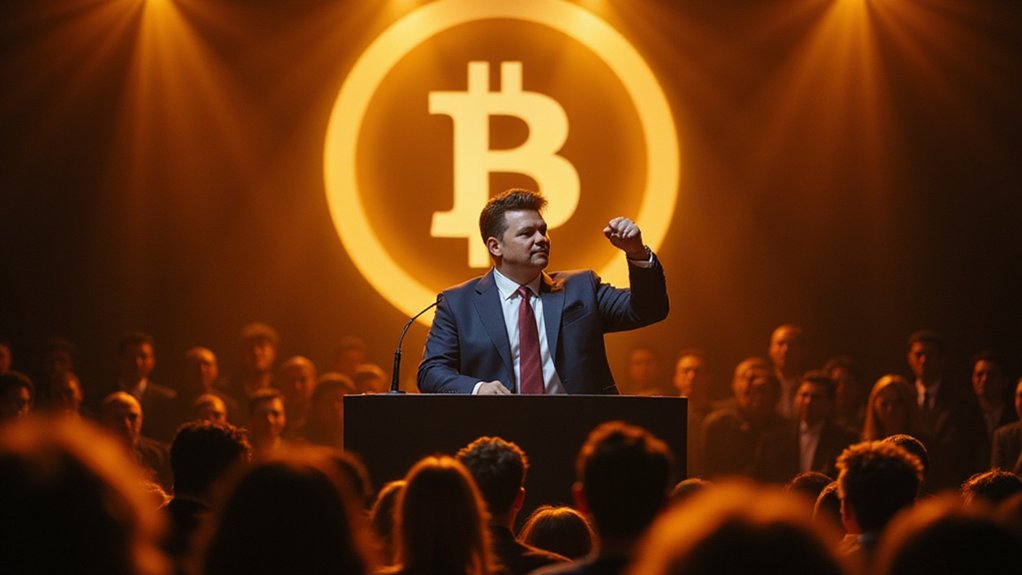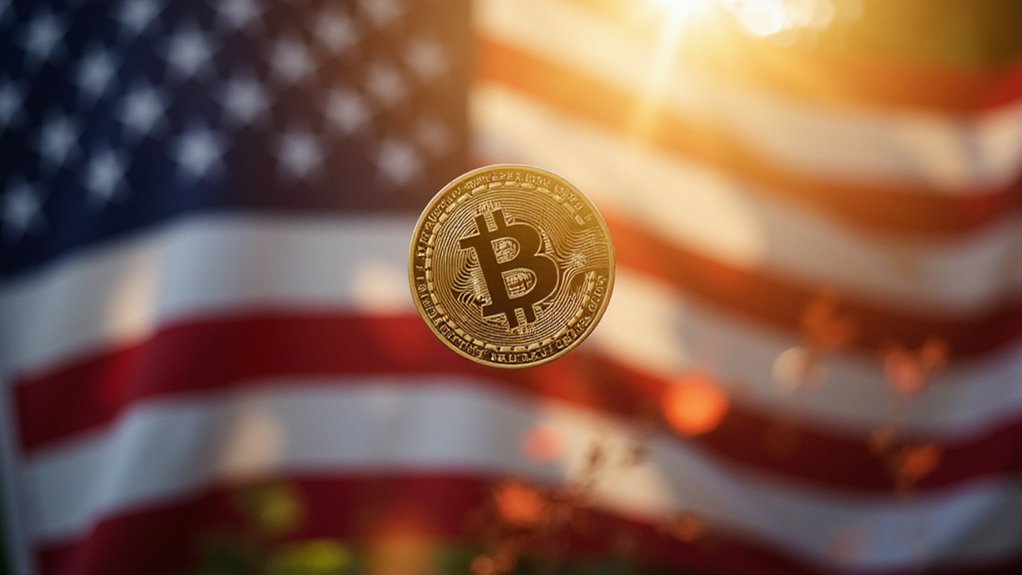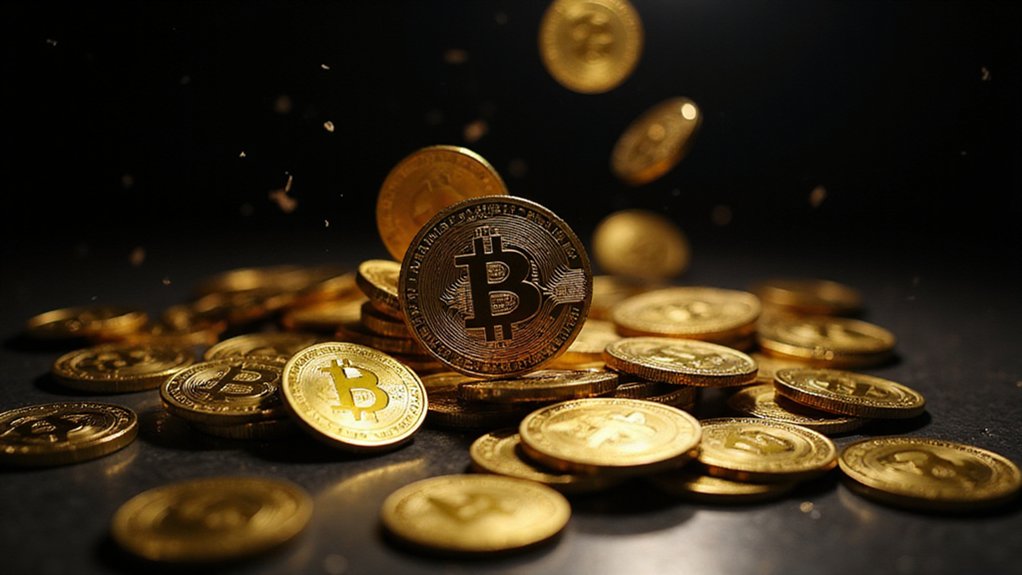The ascendancy of JD Vance to the vice presidency has crystallized what many in the cryptocurrency community viewed as merely campaign rhetoric into concrete policy commitments, with the Ohio senator now positioned to shepherd the Trump administration’s ambitious pro-crypto agenda through the labyrinthine corridors of Washington regulatory apparatus.
Vance’s pledge represents a fundamental shift from the regulatory hostility that characterized previous administrations’ approach to digital assets.
His commitment extends beyond mere campaign promises, encompassing thorough legislative frameworks designed to integrate cryptocurrencies into mainstream financial infrastructure while preserving the innovative spirit that birthed blockchain technology.
The vice president’s vision positions Bitcoin not as a speculative curiosity but as a strategic national asset—a designation that would have seemed fantastical merely five years ago.
Vance’s transformative approach elevates Bitcoin from speculative investment to cornerstone of America’s strategic financial architecture.
The administration’s stablecoin legislation emerges as particularly significant, addressing institutional concerns about volatility while maintaining crypto’s decentralized ethos.
Vance recognizes that stablecoins serve as essential bridge assets, facilitating institutional adoption by providing value stability without sacrificing the technological advantages of digital currencies.
This approach demonstrates sophisticated understanding of market dynamics, acknowledging that regulatory clarity—rather than regulatory absence—creates the foundation for sustainable growth.
Recent legislative advances in the U.S. aim to provide clear federal oversight for stablecoins, enhancing their legitimacy and integration into traditional financial markets.
Perhaps most intriguingly, Vance’s strategy intertwines cryptocurrency support with broader themes of financial freedom and personal liberty.
This philosophical framework transcends traditional partisan boundaries, positioning crypto advocacy as fundamentally American rather than ideologically narrow.
The approach acknowledges that international competitiveness increasingly depends on regulatory frameworks that attract rather than repel financial innovation.
The political calculus remains complex, however.
Vance’s success depends heavily on sustained community engagement and strategic pressure on lawmakers who remain skeptical of digital assets.
The 2026 midterm elections loom as a critical juncture, potentially determining whether the administration’s pro-crypto momentum survives inevitable political headwinds.
Ultimately, Vance’s pledge represents more than regulatory reform—it signals recognition that cryptocurrency’s integration into traditional finance is inevitable rather than optional.
Whether his vision materializes depends on managing competing interests while maintaining the delicate balance between innovation and stability that defines successful financial policy.
The stakes, for both crypto advocates and traditional financial institutions, could hardly be higher.









